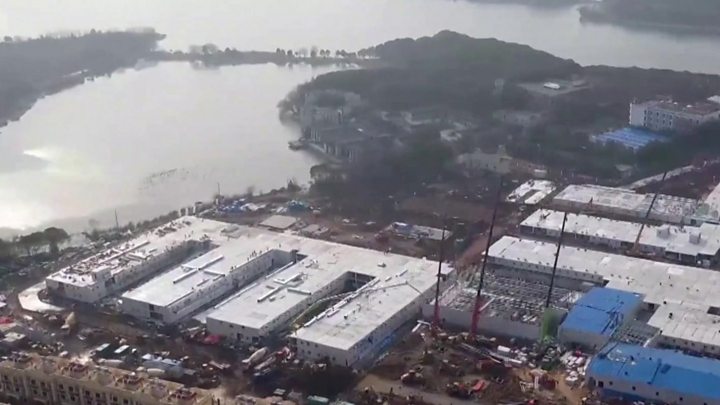
China is set to open a new hospital in the city at the epicentre of the coronavirus outbreak, as the numbers of people infected continue to grow.
Wuhan's 1,000-bed Huoshenshan Hospital, built in just eight days, is one of two dedicated facilities being constructed to help tackle the outbreak.
China is struggling to deal with the virus, which has infected more than 14,000 people and killed more than 300.
Sunday saw the first confirmed fatality outside China, in the Philippines.
The patient was a 44-year-old Chinese man from Wuhan who appeared to have been infected before arriving in the Philippines.
There have now been more than 150 confirmed cases of the virus outside China.
Many countries have barred foreigners arriving from China and are quarantining their own citizens.
- The hospital built in a matter of days
- Can people recover from coronavirus? And other questions
- A visual guide to the outbreak
Meanwhile, hospital workers in Hong Kong are preparing to go on strike from Monday unless the territory's border with mainland China is completely closed.
The territory's authorities have refused to do this, citing World Health Organization recommendations to introduce screening at borders rather than closing them.
The number of coronavirus cases worldwide has overtaken that of the similar Sars epidemic, which spread to more than two dozen countries in 2003. But the mortality rate of the new virus is much lower, suggesting it is not as deadly.
What do we know about the new hospital?
Chinese state media reported on Sunday that construction of the new Huoshenshan hospital had been completed, and that it would open on Monday.
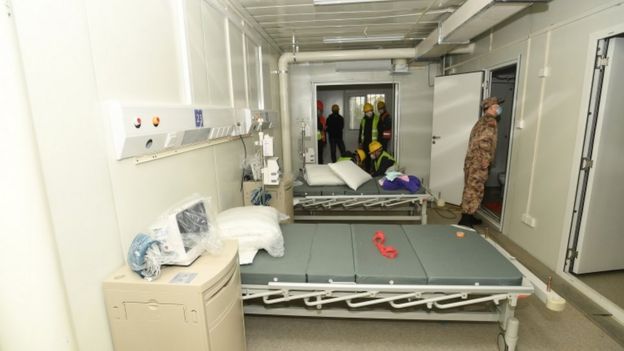 EPA
EPA
Local TV reports said 1,400 Chinese army medical staff, some with experience of infectious diseases, were arriving in Wuhan and being transferred to the new site.
A second hospital at Leishenshan is due to be finished on Wednesday.
National Health Commission spokesman Jiao Yahui told Reuters that with the new hospitals the city would have more than 10,000 beds available, enough to cope with current suspected and confirmed cases.
What else is happening in China?
Authorities said 45 more deaths were recorded in Hubei province by the end of Saturday, bringing the death toll in the country to 304.
Nationally, there were 2,590 new confirmed infections. The total number of infections in China is now 14,380, state TV quoted the National Health Commission as saying.
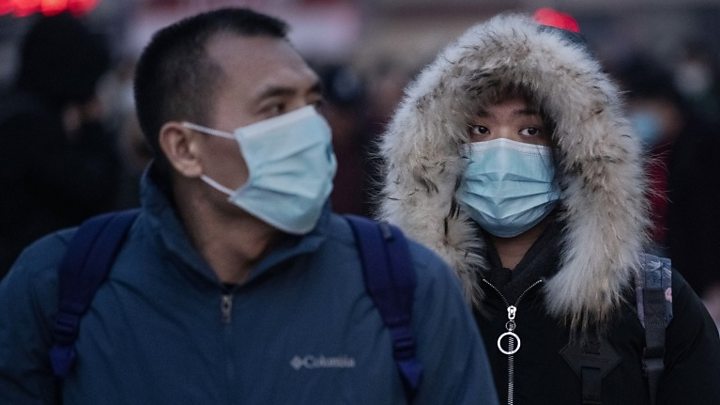
Estimates by the University of Hong Kong suggest the total number of cases could be far higher than the official figures. More than 75,000 people may have been infected in the city of Wuhan, which is at the epicentre of the outbreak, experts say.
On Sunday, the government said it would pump more than $170bn (£128bn) into the economy as concern grows about the wider impact of the epidemic.
- Diary of a life in locked-down Wuhan
- Coronavirus: What it does to the body
- Wuhan: The London-sized city where the virus began
Wuhan is in lockdown and other major cities across the country have suspended non-essential business.
The mayor of Huanggang - a city of six million people to the east of Wuhan - has warned that the number of cases there is set to spike in the coming days, state media said. Up to 700,000 people had returned to the city from Wuhan before travel out of Wuhan was banned.
Huanggang and the eastern city of Wenzhou have imposed draconian restrictions on residents, only allowing one designated person per family to leave home once every two days to buy food and other supplies, Chinese media reported.
Which countries are restricting arrivals?
The US and Australia have said they will deny entry to all foreign visitors who have recently been to China, where the 2019-nCov strain of the coronavirus first emerged in December.
Other countries including Russia, Japan, Pakistan and Indonesia have also announced travel restrictions.
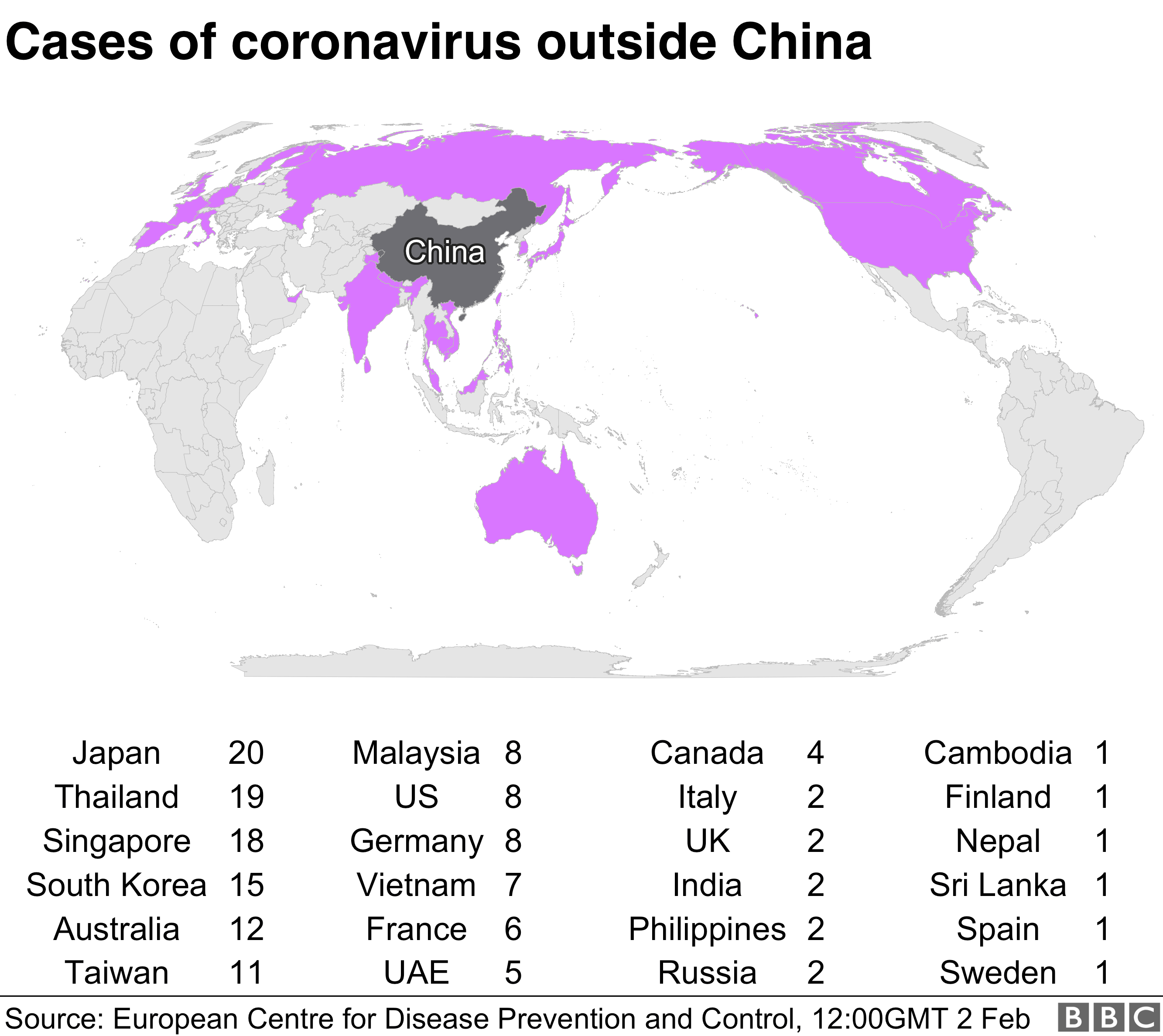

On Sunday, South Korea said it would bar entry to foreigners who had recently visited Hubei.
In the US, citizens and residents returning from Hubei will be quarantined for 14 days. Those returning from other parts of China will be allowed to monitor their own condition for a similar period.
The Pentagon said it would provide housing for 1,000 people who may need to be quarantined after arriving from abroad.
Australia said any of its own citizens arriving from China would also be quarantined for two weeks.
There have also been a number of evacuations from China as foreign governments work to bring their citizens back.
Do the travel bans work?
Global health officials have advised against the bans.
"Travel restrictions can cause more harm than good by hindering info-sharing, medical supply chains and harming economies," the head of the WHO said on Friday.

The WHO recommends introducing screening at official border crossings. It has warned that closing borders could accelerate the spread of the virus, with travellers entering countries unofficially.
China has criticised the wave of travel restrictions, accusing foreign governments of ignoring official advice.
Asia
Time-lapse shows Wuhan hospital 'built in 10 days'
- 2 February 2020
- China
Canberra escapes worst as fires rage on
- 1 February 2020
- Australia
Dozens of koalas found dead after logging
- 2 February 2020
- Australia
Features
Elsewhere on the BBC
Football phrases
15 sayings from around the world

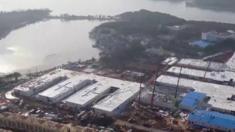
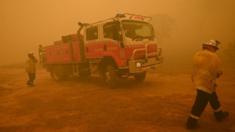

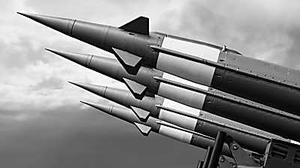
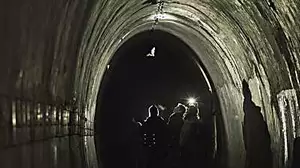



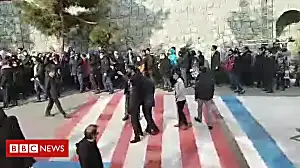





















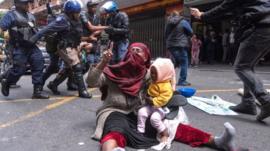

No comments:
Post a Comment